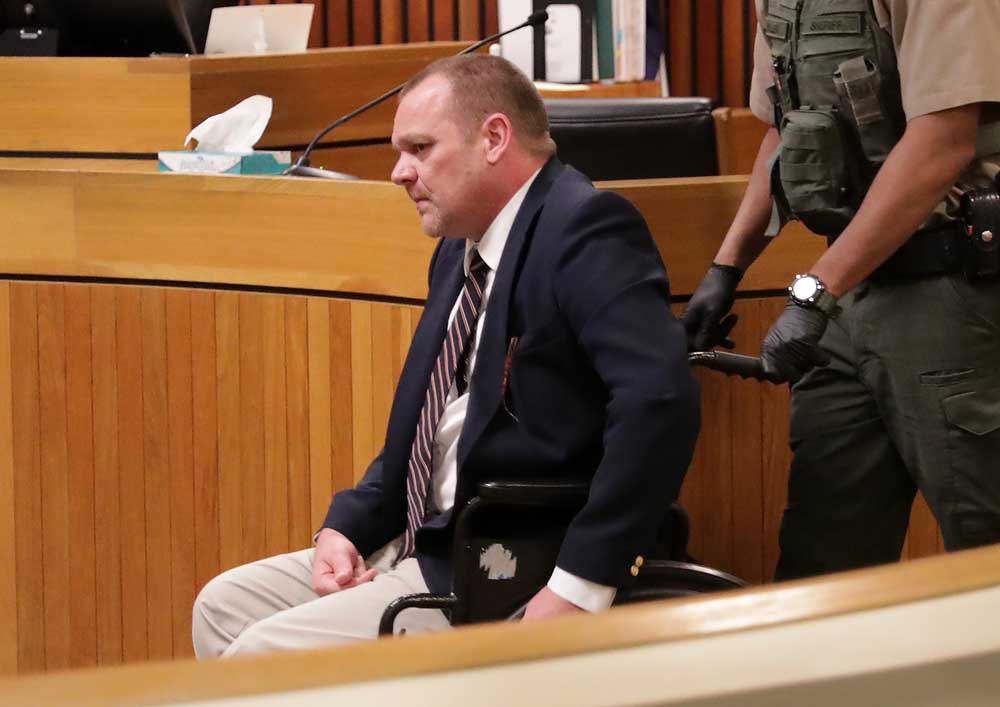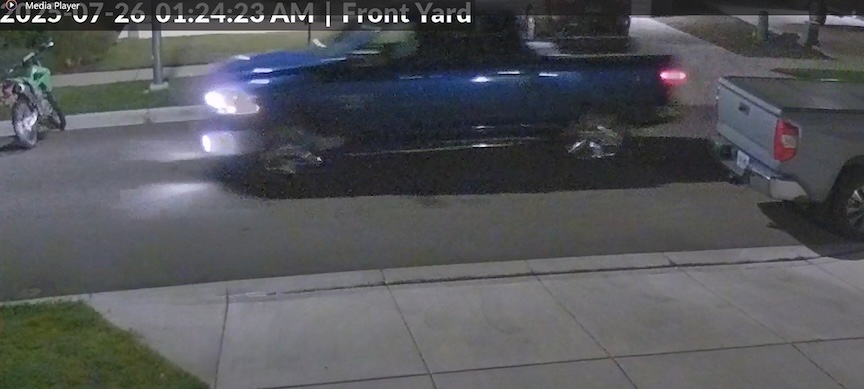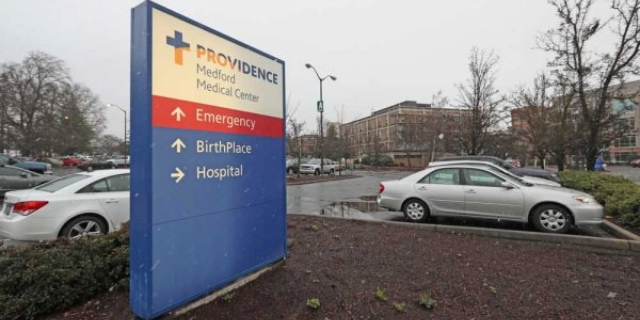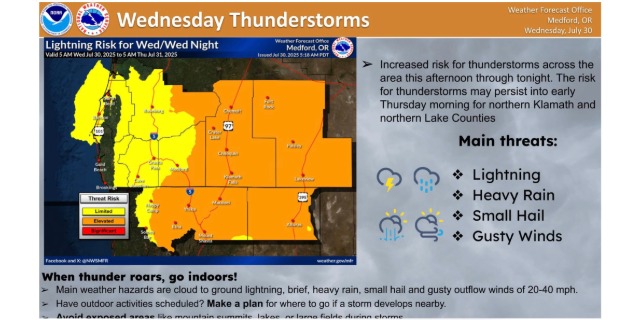Robert Keegan found guilty of manslaughter in Aidan Ellison killing
Published 6:15 pm Monday, May 8, 2023

- Robert Keegan testified in his own defense Friday in the Jackson County Court. Keegan was convicted Monday of first-degree manslaughter for the November 2020 shooting death of Aidan Ellison.
A Jackson County jury found Robert Keegan guilty Monday of first-degree manslaughter in the killing of Aidan Ellison during an argument over loud music in November 2020.
Trending
He was acquitted of second-degree murder. Keegan’s sentencing is set for 11 a.m. Friday.
Eleven jurors voted to find Keegan, 50, not guilty on the murder charge, and one voted guilty.
Keegan also was convicted of unlawful possession of a firearm and reckless endangering in the killing of Ellison, 19, outside the Stratford Inn in Ashland on Nov. 23, 2020.
Trending
Ellison’s mother, Andrea Woffard, declined comment immediately following the verdict. She has the opportunity to speak at Friday’s sentencing hearing.
Jurors heard closing arguments in Judge Timothy Barnack’s courtroom starting at 11 a.m. Monday and began deliberations at about 1 p.m. The jury announced it had reached a verdict roughly two-and-a-half hours later.
After the verdict was announced, Keegan’s attorneys, Clint Oborn and Alyssa Bartholomew, spoke to reporters.
“First thing is, there were no offers ever made on this case — zero,” Oborn said, referring to plea bargains. “The only offer was going to be life.”
Oborn said he believes the case could have been resolved without a trial, and Keegan could have been sentenced on first-degree manslaughter.
“Now it has, but (only) after dragging people through five days of trial, dragging an 11-year-old child through trial,” Oborn said, referring to Keegan’s son, Paul, who testified in the trial a week earlier.
Bartholomew expressed disappointment in the Jackson County District Attorney’s office, saying multiple other cases worse than Keegan’s have been resolved through a plea bargains.
“I’m surprised. I’m disappointed,” Bartholomew said, but she added that she respects the jury’s decision.
Bartholomew and Oborn declined to discuss their defense strategy in the case.
Bartholomew noted that first-degree manslaughter carries a mandatory-minimum sentence of 10 years in prison under Measure 11.
“He’s done two and a half years, so he’s looking at probably seven years (and) seven months more to go,” Bartholomew said.
Asked about the circumstances of the case — Keegan is white, Ellison was Black — Bartholomew said the case was “never about race.” The FBI investigated and found no link between Ellison’s death and the color of his skin.
Earlier in the day, Deputy District Attorney Benjamin Lull concluded his closing arguments by telling the jury, “Robert Keegan said it was his worst day, but it was Aidan Ellison’s last day.”
Both prosecutors and defense lawyers offered similar versions of events, saying Ellison was playing loud music from a car around 4:15 a.m., when Keegan opened his second-story window and told the teen to turn it down. Ellison reportedly yelled back at Keegan and kept playing music.
Keegan, who was living with his then-9-year-old son, Paul, after losing everything in the Almeda Fire, went downstairs to the lobby to complain to night clerk Angel Carlin, who testified in the trial that he did not hear music, but nevertheless went to speak with Ellison.
Keegan soon approached the two men, and an argument between Keegan and Ellison ensued, with Carlin caught in the middle. Carlin said he tried to break it up but failed, and as he tried to call police, a shot rang out.
Ellison fled a short distance and was found dead in a bushy parking median. A medical examiner testified last week Ellison died from a single gunshot to the chest.
During closing arguments Monday, Lull made the case to jurors that the death of Ellison was “not an accident” on the part of Keegan, taking aim in particular with his hours-long police interview after the shooting.
In the first part of the interview, Lull said, Keegan told police he was “only a little frustrated” with Ellison playing music and even gave the teen multiple warnings to stop.
When Keegan was warned by police during the interview that he was not being honest, Lull told jurors, the 50-year-old said he was “highly irritated” and felt that way, too, when he went down to the lobby to speak with Carlin.
In the third and final portion of the interview, Lull told jurors that Keegan admitted he wanted to confront Ellison with a gun and “give him the business” himself. But even that was not a fully honest account, Lull said, because Keegan claimed he was sleepy.
“He wasn’t sleepy; he was pissed,” Lull said.
Lull quoted Keegan during the police interview as saying, “I never laid a hand on the guy (Ellison), other than trying to back away, and I pulled the trigger.”
During his own testimony on the stand Friday, Keegan told Bartholomew that he pulled the trigger because, “I was in fear for my life. I couldn’t get away.”
But, Lull said, “that is not a rational fear,” and the law does not justify Keegan using lethal force.
“Aidan Ellison did not intentionally commit any felony crime,” Lull said. “He was not using or threatening to use deadly force.”
“No matter how you look at it, that is not a reasonable use of force in this situation,” Lull continued. “You guys get to decide what is reasonable.”
In her closing argument, Bartholomew reminded jurors this was her last chance to talk to them before their deliberations, and she wanted them to know some aspects of the case she believed the state overlooked.
She said only Keegan knew what he was thinking when he shot Ellison, and that is the aspect of the case jurors should examine the most.
“Robert Keegan has a constitutional reason to buy a gun for whatever reason he wants,” Bartholomew said. “He doesn’t have to have a reason.”
She said in Keegan’s fight with Ellison, Keegan was on the defensive the whole time and fired his only shot while backing up.
“He could have walked out those doors, and while Mr. Carlin was talking to Mr. Ellison, he could have said, ‘I’m going to shoot you right now,'” Bartholomew said. “Guns a ‘blazin. But he didn’t.”
Bartholomew said Carlin testified that, to him, it looked like Ellison was on offense and Keegan was on defense during the argument.
Bartholomew said Keegan told investigators he was scared of Ellison, which caused him to fire the gun.
Keegan, Bartholomew said, had been through a traumatic event with Ellison and sat through police interrogation for hours without a lawyer.
“He knew the facts,” and was cordial with police, Bartholomew said.
In rebuttal, Lull said it is indefensible for Keegan to have fears of someone who is unarmed in a quiet parking lot in the early morning hours.
“Those are not rational fears when you’re in a quiet parking lot,” Lull said.








